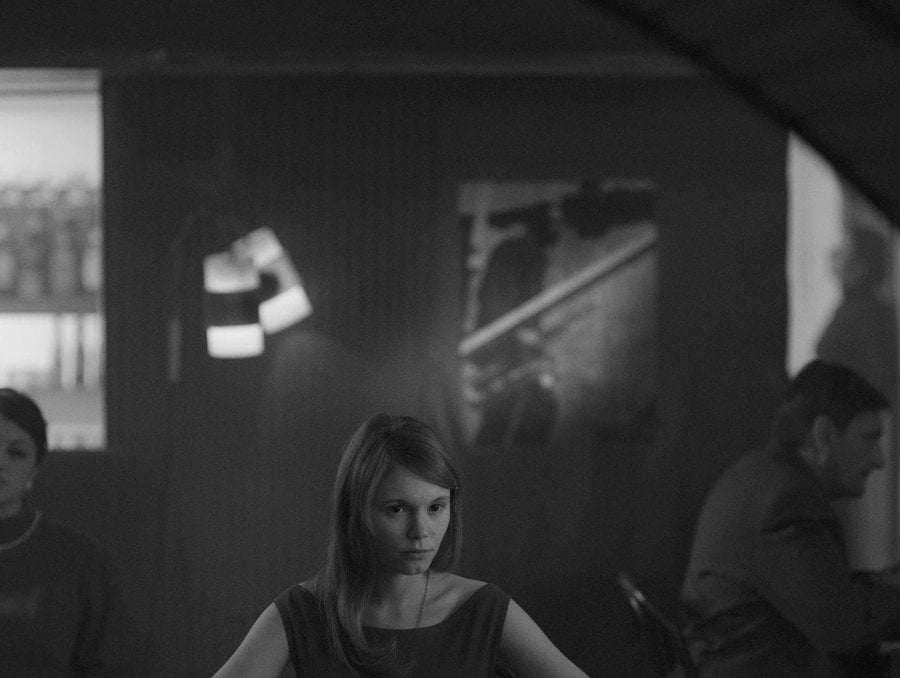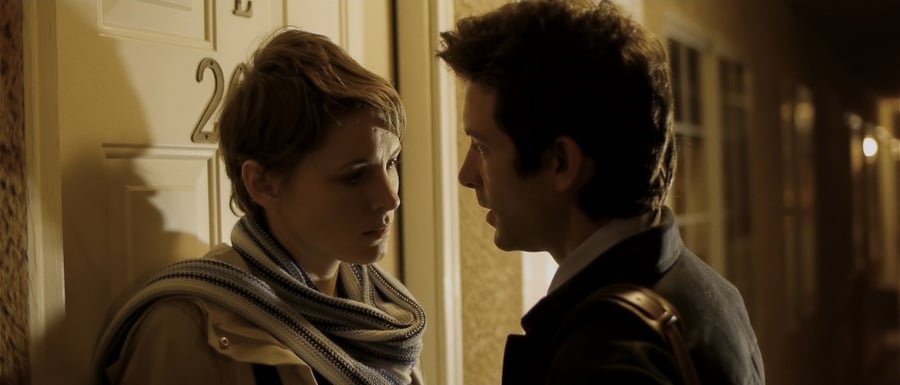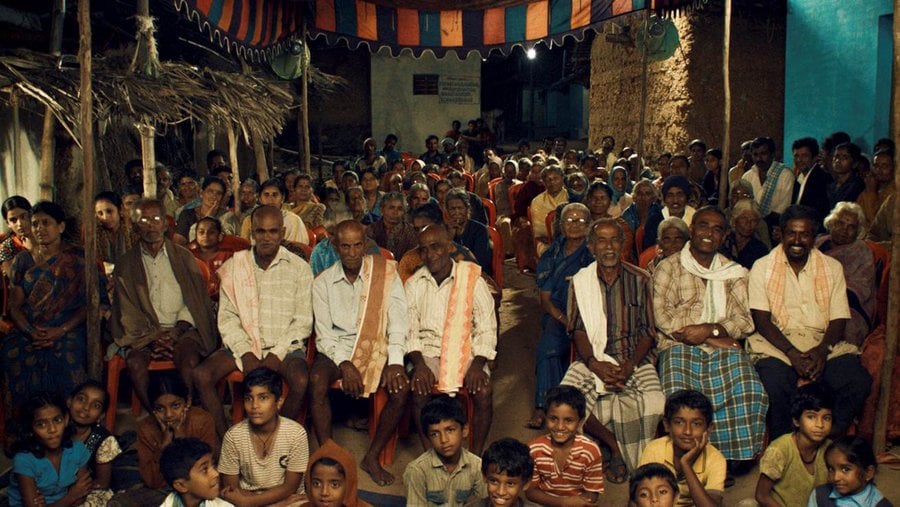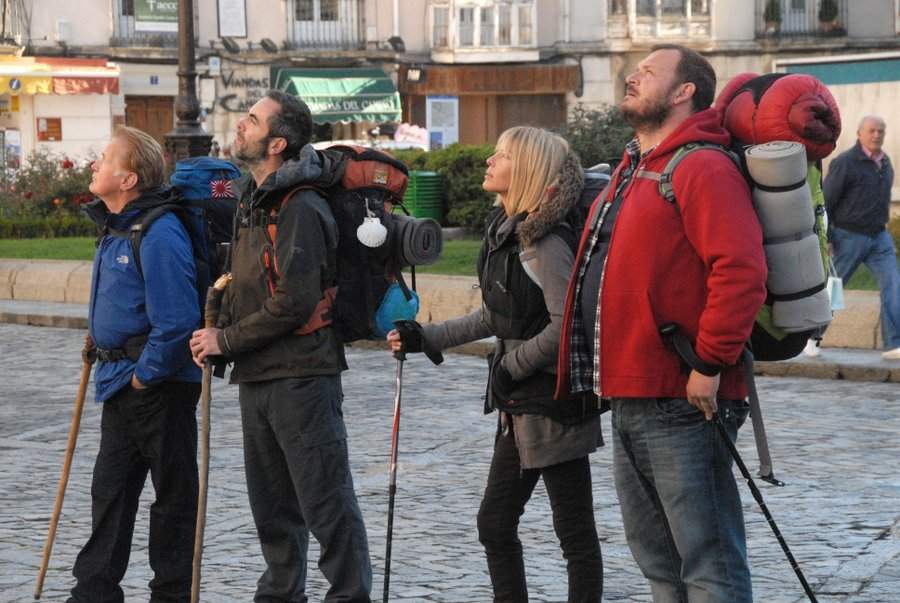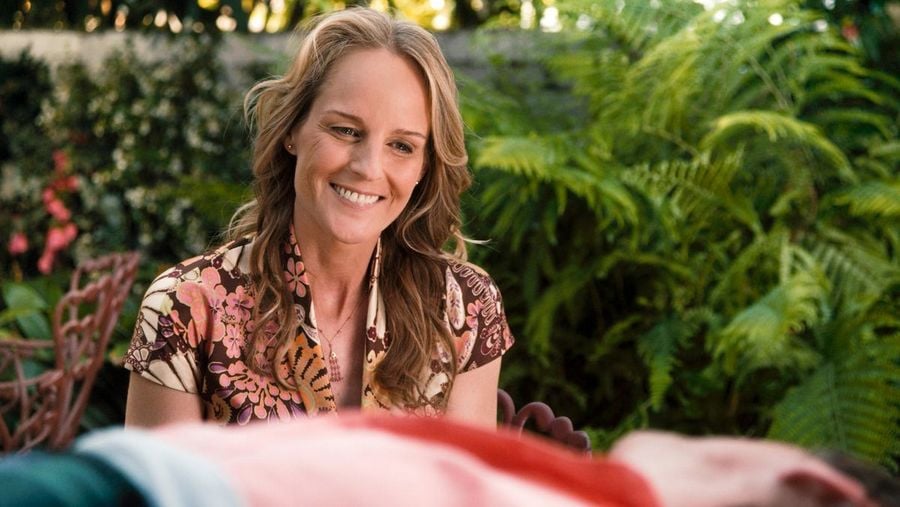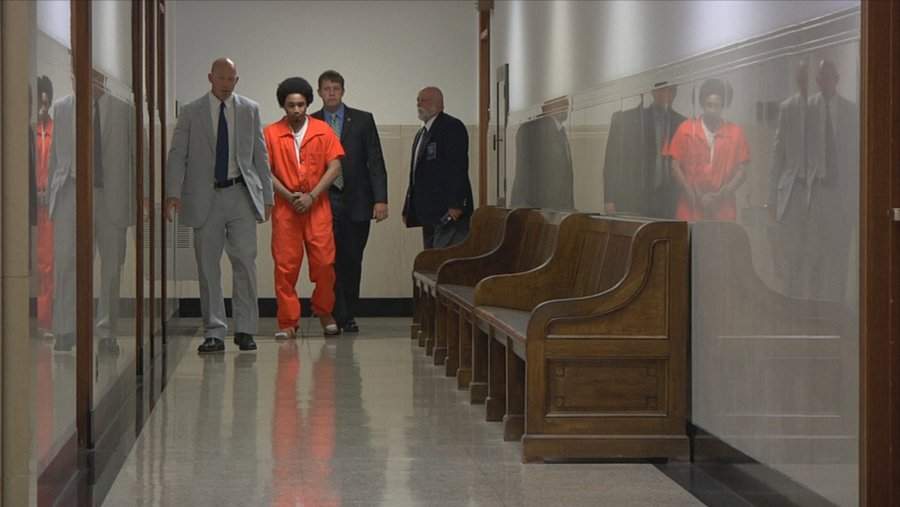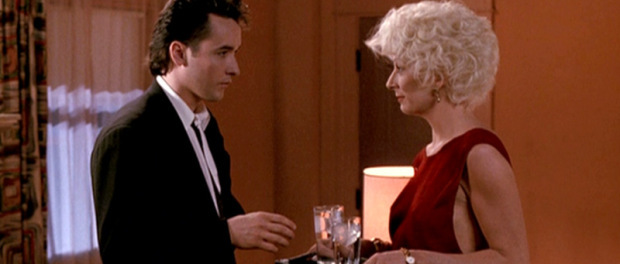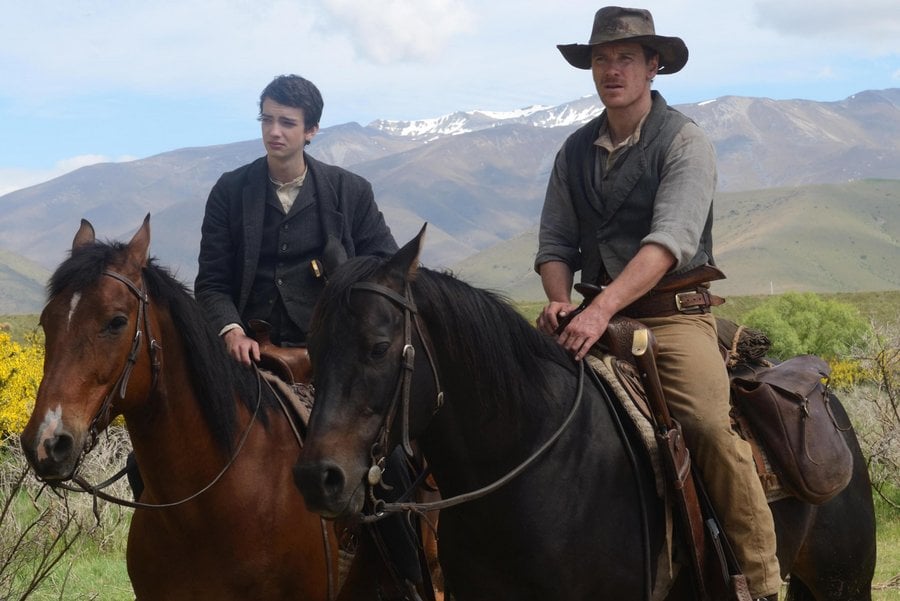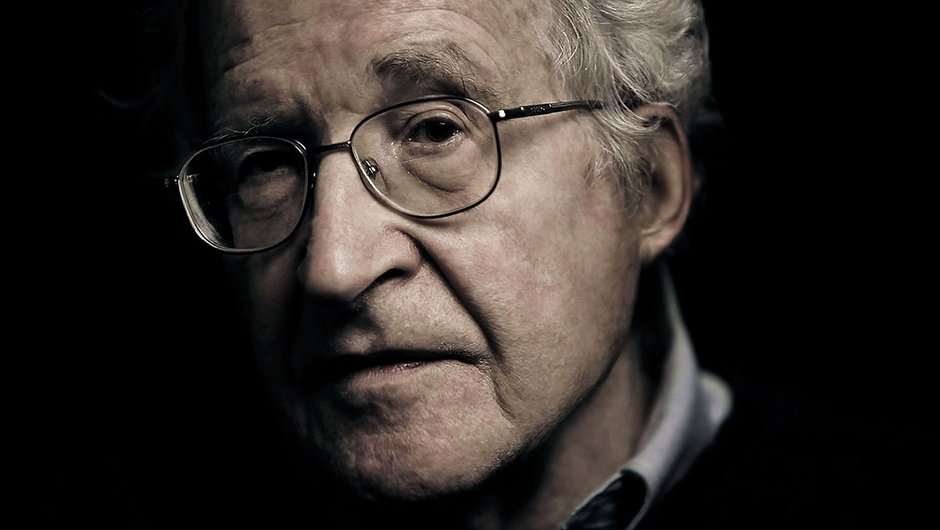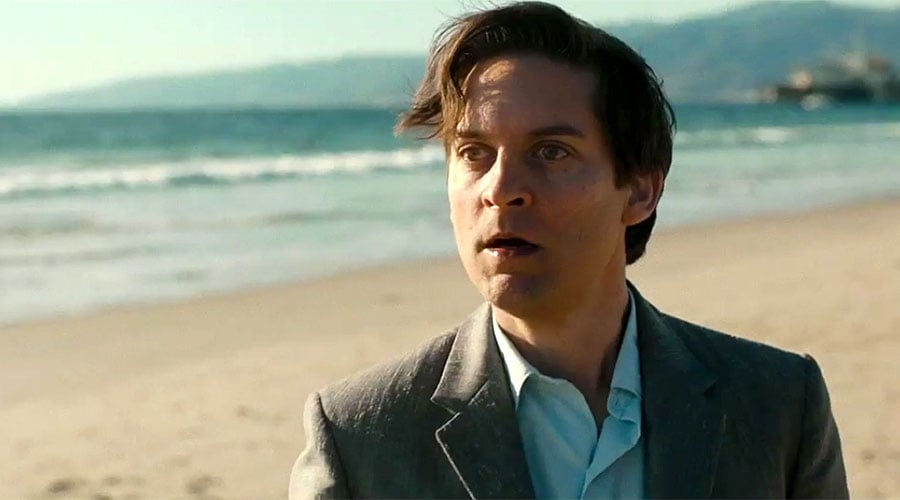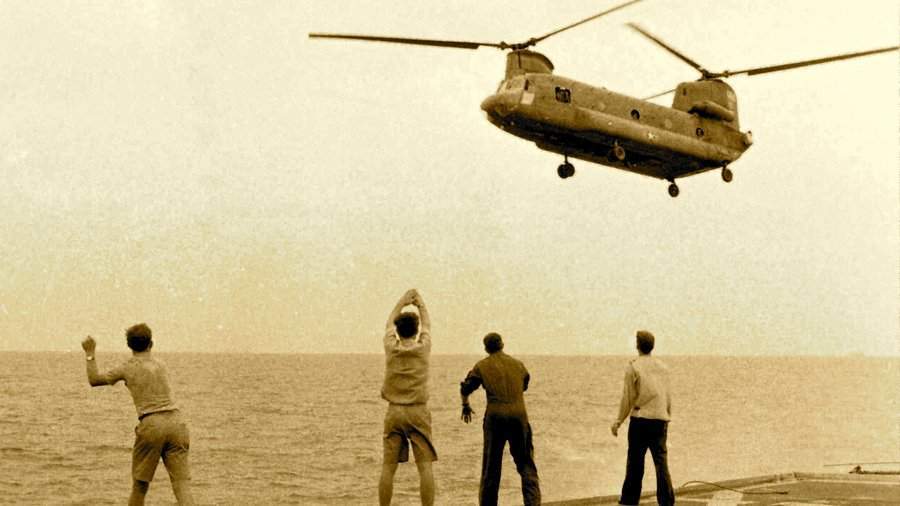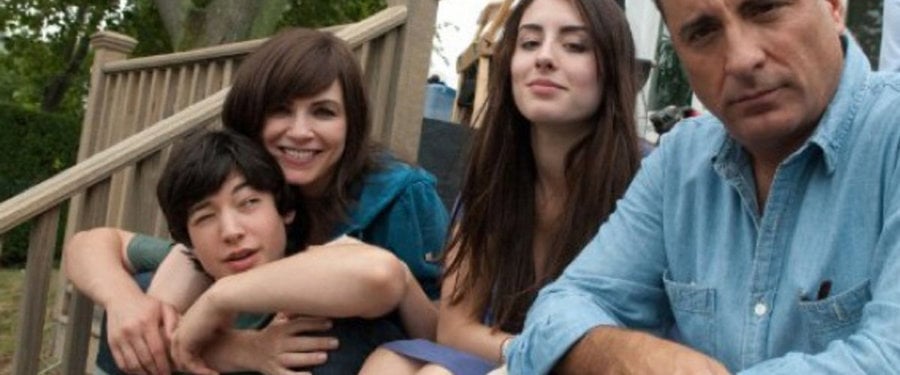Pawn Sacrifice is a period drama about famed chess player Bobby Fischer (Tobey Maguire), following Fischer’s rise from his childhood in Brooklyn through to his famed matchup with Soviet Grandmaster Boris Spassky (Liev Schreiber) at the 1972 World Chess Championship. The film captures Fischer’s adolescence as a time of burgeoning mastery of the game, while struggling in a fatherless home and beset by early signs of mental illness. Set during the height of the Cold War, tensions between the United States and Russia play a critical role in the story, as they fuel many of Fischer’s fears and anxieties over perceived Russian spying and surveillance. His paranoia reaches a fever pitch in Reykjavik, Iceland, the site of his famous duel with Spassky for the world championship, leading to a remarkably compelling finale. Writer director Steven Knight and director Edward Zwick have crafted a striking depiction of a real-life genius grappling with fraying sanity, and Maguire is stunningly evocative as the abrasive and acerbic Fischer. For the viewer, no advanced knowledge of chess is necessary to enjoy this vivid depiction of one man’s historical achievement in the face of profound mental disturbance.
Genre: Drama, Thriller
Actor: Aiden Lovekamp, Al Dubois, Al Vandecruys, Alain Goulem, Aleksandr Gorchilin, Alexandre Gorchkov, André Sogliuzzo, Andreas Apergis, Andrew Peplowski, Arthur Holden, Benoit Priest, Bobo Vian, Brent Skagford, Brett Watson, Carlo Mestroni, Conrad Pla, David Pryde, Dennis Staroselsky, Edward Yankie, Edward Zinoviev, Ellen David, Eric Lee Huffman, Eugene Nomura, Evelyne Brochu, François Ducharme, Glen Bowser, Igor Ovadis, Ilia Volok, Joe Cobden, John Maclaren, Jonathan Dubsky, Katie Bird Nolan, Liev Schreiber, Lily Rabe, Lydia Zadel, Mark Slacke, Matt Keyes, Maurice Demers, Michael Stuhlbarg, Mohsen El Gharbi, Natalija Ugrina, Nathaly Thibault, Norman Lehnert, Peter Janov, Peter Sarsgaard, Raphael Grosz-Harvey, Richard Jutras, Robin Weigert, Roc LaFortune, Sam Stone, Seamus Davey-Fitzpatrick, Shanmugasunder Chetty, Shawn Campbell, Sophie Nélisse, Spiro Malandrakis, Tobey Maguire, Vitali Makarov, Vito DeFilippo, Zach Fraser
Director: Edward Zwick
Rating: PG-13

